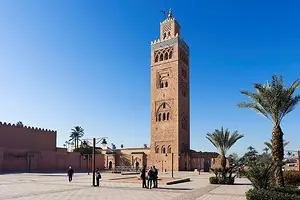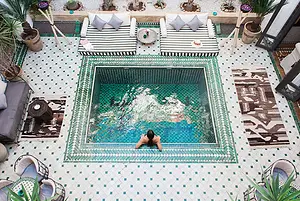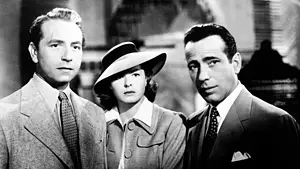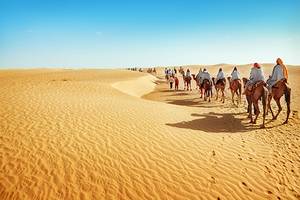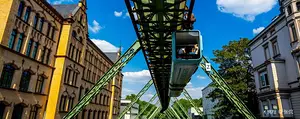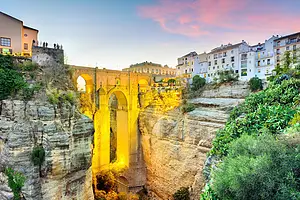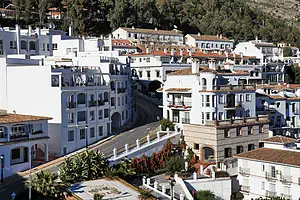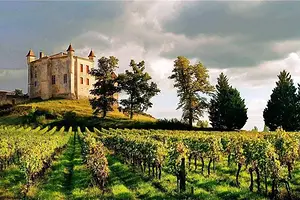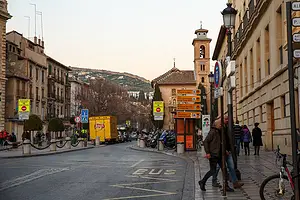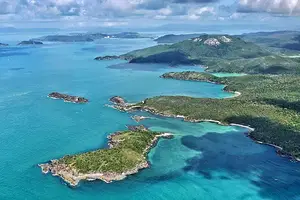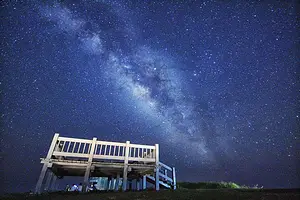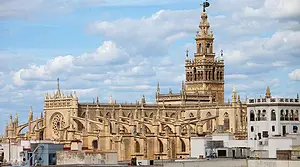Huanxiu Mountain Villa, Die künstlichen Hügel aus Seesteinen im Garten sind sehr prächtig.
262 Jinde Road, Gusu District, Suzhou, Jiangsu Province
3.7
Einführung

Adresse 262 Jinde Road, Gusu District, Suzhou, Jiangsu Province
Öffnungszeiten 08:30-16:30 (all day)
last admission at 16:00 (Monday-Sunday from January 1 to December 31)
Note: Medical personnel supporting Hubei Province with valid identification can enter for free within three years.
Transportmittel You can take Metro Line 4 to the Chayuanchang Station, and then you can walk to your destination after getting off.
 Die künstlichen Hügel aus Seesteinen im Garten sind sehr prächtig.
Die künstlichen Hügel aus Seesteinen im Garten sind sehr prächtig.
